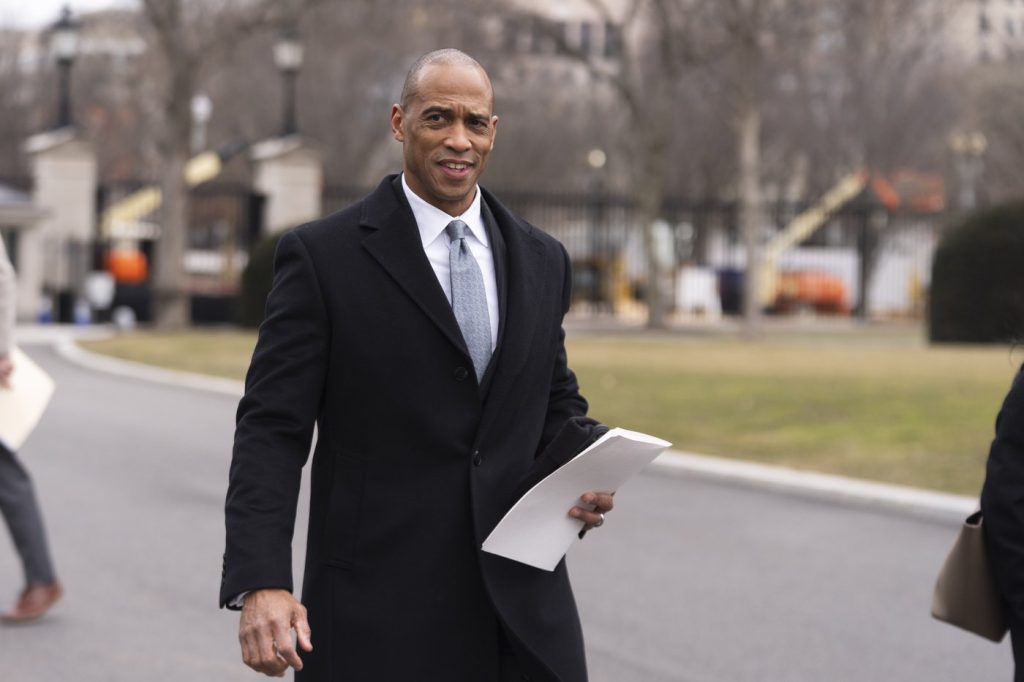The Trump administration has initiated the termination of grants aimed at supporting organizations that enforce the Fair Housing Act, which has raised concerns about the potential impact on housing discrimination enforcement across the United States. Documents and information obtained indicate that the U.S. Department of Housing and Urban Development (HUD) is pulling these crucial funds from private nonprofit organizations that play a fundamental role in investigating and litigating housing discrimination cases.
These grants, channeled by HUD, are critical for the frontline enforcement of the federal anti-discrimination law established in 1968. The organizations funded by these grants engage in various activities, including educating the community about their rights, conducting tests to identify racial discrimination by landlords, handling complaints, resolving disputes, and providing legal counsel to victims of housing discrimination. According to the National Fair Housing Alliance, about 75% of the estimated 34,000 fair housing complaints recorded in 2023 were processed by these nonprofits, underscoring their vital role. The remaining complaints were managed by state and local governments, while HUD and the U.S. Department of Justice handled less than 6% combined.
The year 2023 marked the highest number of fair housing complaints since data collection began in the 1990s. Over half of these complaints were associated with discrimination based on disability. Amid this backdrop of rising complaints, nearly half of the 162 active grants aimed at supporting these nonprofits are slated for cancellation, as stated by Nikitra Bailey, executive vice president at the National Fair Housing Alliance. Some organizations depend entirely on these grants, leading to potential closures or significant reductions in staff and services if funding is cut.
Bailey emphasized the pressing need for federal support in light of escalating housing costs and shortages, articulating that Americans require increased intervention from the government rather than a retreat from essential civil rights. In a statement, a spokesperson for HUD remarked that the department must ensure compliance with the President's Executive Orders and that action is required if organizations are found not to be in compliance. However, the spokesperson assured that HUD would continue to serve those facing housing discrimination or eviction.
Maureen St. Cyr, executive director of the Massachusetts Fair Housing Center, underscored the necessity of these programs, arguing that fair housing laws do not enforce themselves and that legal support is critical for individuals to realize their rights. St. Cyr shared examples of scenarios the organization has dealt with, including families facing housing denial due to children, veterans requiring disability accommodations, and eviction cases involving domestic abuse survivors.
Typically, the grants from HUD's Fair Housing Initiatives Program, each worth approximately $425,000, are issued annually to aid organizations in carrying out fair housing enforcement. Following the announcement of grant cancellations, confusion erupted among fair housing organizations nationwide as they communicated through listservs to assess the potential fallout. One affected entity, the Fair Housing Center of Metropolitan Detroit, processes around 200 to 300 fair housing complaints annually, serving a demographic of about 4 million people. Steve Tomkowiak, the group’s executive director, described the termination as a significant threat to the organization's viability and, by extension, to the survival of similar nonprofits nationwide.
For Kimberly Merchant, CEO of Mississippi Center for Justice, the diminishment or elimination of fair housing organizations would result in “open season” for discrimination, allowing unchecked bias to proliferate without consequence. This looming threat poses a significant challenge to the already fragile landscape of fair housing enforcement at a time when the need for equitable housing practices is at an all-time high.










